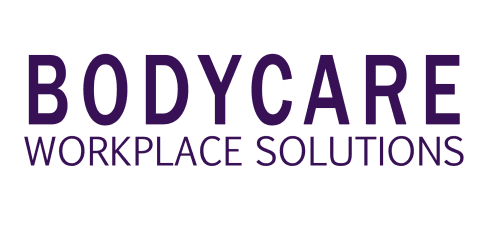Can a song cure your anxiety?

Music and sound therapy are often used to alleviate the symptoms of stress and anxiety. It can relax us and improve our sense of wellbeing. But can one song – or any piece of music – really be a universal cure for these complex mental health conditions?
The calmest song in the world
A team of neuroscientists from the UK, led by Dr David Lewis-Hodgson of Mindlab International, recently conducted research into the effects of different pieces of music on people’s stress levels. The people participating in the study were connected to sensors while completing a series of difficult, stress-inducing puzzles in the shortest possible time, to various pieces of music.
Their brain activity and physiological responses, including heart rate, breathing rate, and blood pressure, were monitored throughout the process.
This research revealed that while listening to the song “Weightless” by Marconi Union, participants’ overall anxiety was reduced by 65 percent. They also experienced a 35 percent reduction in their usual resting physiological rates.
Interestingly, “Weightless” was deliberately designed to have this effect. The group who created the song worked with sound therapists to devise rhythms, harmonies and bass lines which would reduce levels of the stress hormone cortisol, and lower the heart rate and blood pressure.
Could this song be the miracle cure for stress?
There seems little doubt, according to this research, that “Weightless” has a positive impact on reducing stress and anxiety. However, several key factors suggest that this may not be as clear-cut as it initially appears.
Firstly, Mindlab International, the team which conducted the research, is a market research company which uses behavioural insights to inform marketing campaigns. This suggests that the experiment was not purely a scientific study, but was probably driven by a marketing agenda.
The research revealed a “Top 10” of stress-reducing pieces of music, but no information was given about how many songs or musical genres the participants actually listened to, or who chose the pieces that were used and why. The number of participants is also not given, or any information about whether they were sufferers of stress and anxiety or not.
Secondly, as we are all individuals, we all respond to music in different ways. What one person finds relaxing, somebody else might find annoying. Another person may have significant memories around a piece of music, which colour the way they feel about it, as music is highly evocative. A piece of music which recalled a bad memory could actually increase levels of stress and anxiety.
Therefore, it’s highly unlikely that this research can be taken on face value.
Why stress reduction matters
Stress and anxiety are extremely prevalent in today’s society. One in four of us will suffer from a mental health condition at some point during our lives. Stress is a leading cause of time taken off work, and as well as the negative mental and emotional effects, it can also lead to physical health conditions including heart disease, high blood pressure, and asthma.
Therefore, it is essential that we take steps to reduce the amount of stress and anxiety we experience in our lives, to make sure we can continue to be healthy and productive.
As managers, it’s essential to have a good awareness of mental health issues and how excessive stress can manifest in themselves and in their employees. One of the greatest skills a manager can bring to work is self-awareness. Your workers should feel safe being able to talk about their mental health at work. A manager that is not afraid to show their own vulnerabilities and is aware of the tell-tale signs of an overwhelmed employee will help to create a supportive and mentally healthy culture. Listening to the same song won’t work for everyone – but knowing they have the support and understanding they need will have hugely positive effects in the vast majority of cases.
If you would like more information about mental health at work, please get in touch.


